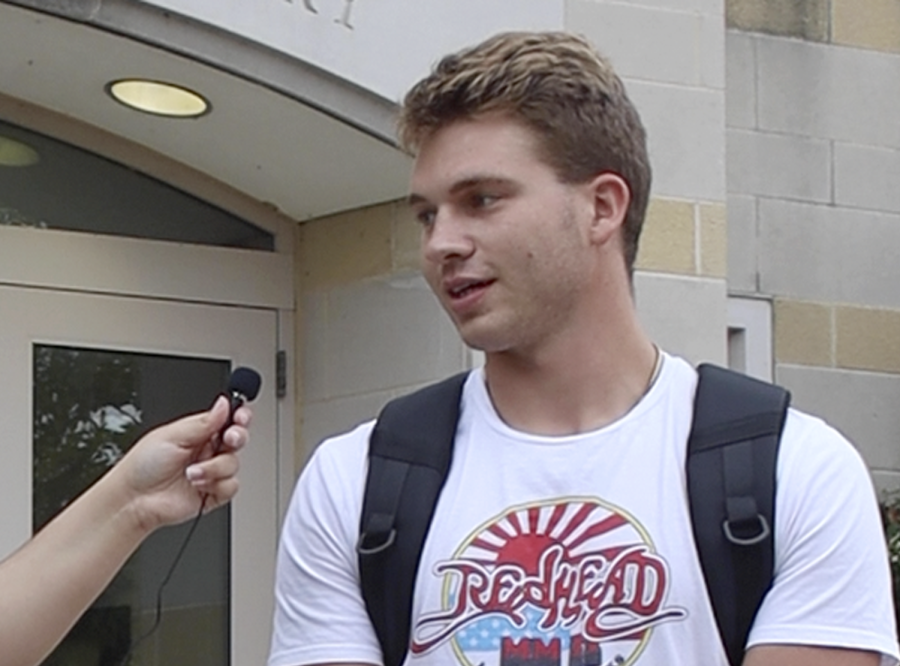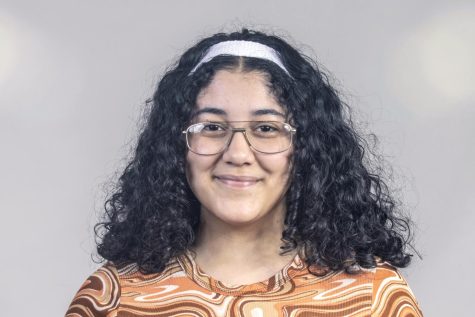Students share financial struggles
Drew Shrader, a senior marketing major, talks about personal financial status while attending college Saturday afternoon outside Booth Library.
September 7, 2022
‘The broke college student.’ A nickname associated with the classic college experience — four years of eating ramen, dumpster-diving and taking advantage of anything that is free.
It is an age-old joke, it is practically a rite of passage, but for some college students, it can be a very real and very difficult experience.
Jasiah Hilliard, a junior biology student, said he has been facing financial struggles since he arrived at Eastern.
“I would say like most students when you first get here, obviously you do your splurge and buy a bunch of things, but I will say for me, I didn’t really tell myself when to stop,” Hilliard said. “So that really set me up for failure for my freshman year, so I’ll probably say, a month or two into freshman year, that’s when things started to go bad.”
For Hilliard, facing financial issues can be detrimental to his mental health.
He said that it can be difficult having to give up certain things, like going out with friends, because he has to support himself financially.
“For me personally, my financial status affects me as a whole,” Hilliard said. “I would say when my pockets are low, I’m low. That’s just me as a person. I don’t think that’s for everyone. But I would say whenever I’m not being able to hold myself up, it gets me in that place.”
Jennifer Montas, a senior English student, said that facing financial problems as a college student can make it difficult to access food.
She said that struggling financially requires planning, budgeting and knowing what food is available, which is “a lot of extra work.”
“I think the biggest issue comes with food, especially on holidays, like [Labor Day], where everything is shut down,” Montas said. “Sometimes it’s hard to not only get food and pay for it, but also to get transportation to food because we don’t have a car either. It’s a little bit difficult sometimes.”
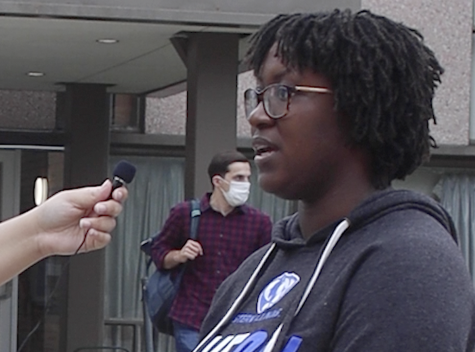
Being a college student typically means having to take care of tuition, groceries and everyday expenses by yourself.
For Alexis Rhoades, a freshman biology education student, this experience is a reality. She said that before coming to Eastern, she was working two jobs.
Now that she is looking for employment again, she said it is hard being unemployed because she has no money but needs to support herself.
“I would love to go home and see my family, but gas costs money, and I’m trying to eat my own food and stuff,” Rhoades said.
Facing financial hardships as a college student sometimes means having to find employment.
Drew Shrader, a senior marketing student, said he is paying for his college education by himself, so he works during the school year.
He said that working has helped him a lot in covering his finances, adding that his job helps him pay for school and rent.
“I work on my family’s farm, and so that takes up a lot of my time,” Shrader said. “So I’m basically a full-time student, then working when I’m not there.”
Facing financial struggles does not just affect college students’ day-to-day experiences, it can also affect their long-term plans and goals.
Michael Roman, a freshman psychology student, said that he is concerned about his college debt and how he can pay it off in the future.
“With Biden’s new plan, I was a little bit more at ease, but yeah, I’m pretty concerned,” Roman said.
Hilliard said that sometimes as a college student, one will set certain long-term goals, but financial struggles can make it difficult to achieve them.
He said that no one knows what is ahead, and a problem can “either put you ten steps back or it completely knocks you off board.”
“Me personally, not being smart financially, it obviously has,” he said. “You come into college, and you’re like okay, I’m here, I want a car, apartment, this and this and this and you want it at a specific set date, but obviously things don’t turn out the way that they should be.”
Eastern provides resources for students, some of which students said they found helpful. Merit scholarships, academic advisers, food pantries, libraries—there are many resources students said could help those struggling financially.
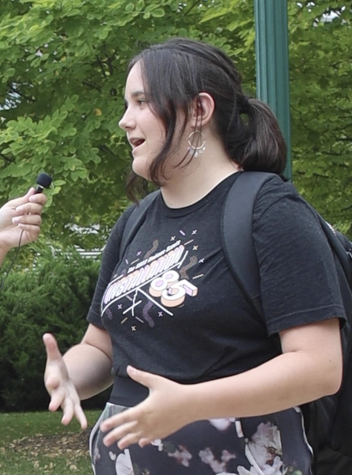
Brielle Dukovac, a freshman music education student, said that a good on-campus resource is the Center for Gender and Sexual Diversity.
“There’s this resource on campus for gender nonconforming students or trans students where they can get gender-affirming clothing, which I absolutely love, and to my knowledge, they can get it for free,” she said. “And I think it’s stuff like that, that really makes me like it here and how accepting and helpful everyone is here.”
Even with the resources available, some students think there is still more to be done.
Shrader said that sometimes resources can be “kind of hard to find.”
“I do know that there’s always more that could be done, especially for people that are in worse situations than I am,” Montas said. “I just feel like the work is never really done.”
Some college students said that planning, saving money and creating good spending habits is everything when you are a college student, and they advise other students to do the same.
“The first thing I would say is definitely try to plan as much as possible, but I know not everything goes as planned,” Montas said. “I would just try to use all the resources you can. Try to plan with other people that are also having financial issues, so maybe just think of ideas together. In terms of scholarships, find as many as you can, but it really does depend on what’s around you and what you have at your disposal.”
Kyara Morales-Rodriguez can be reached at 581-2812 or at knmoralesredriguez@eiu.edu.

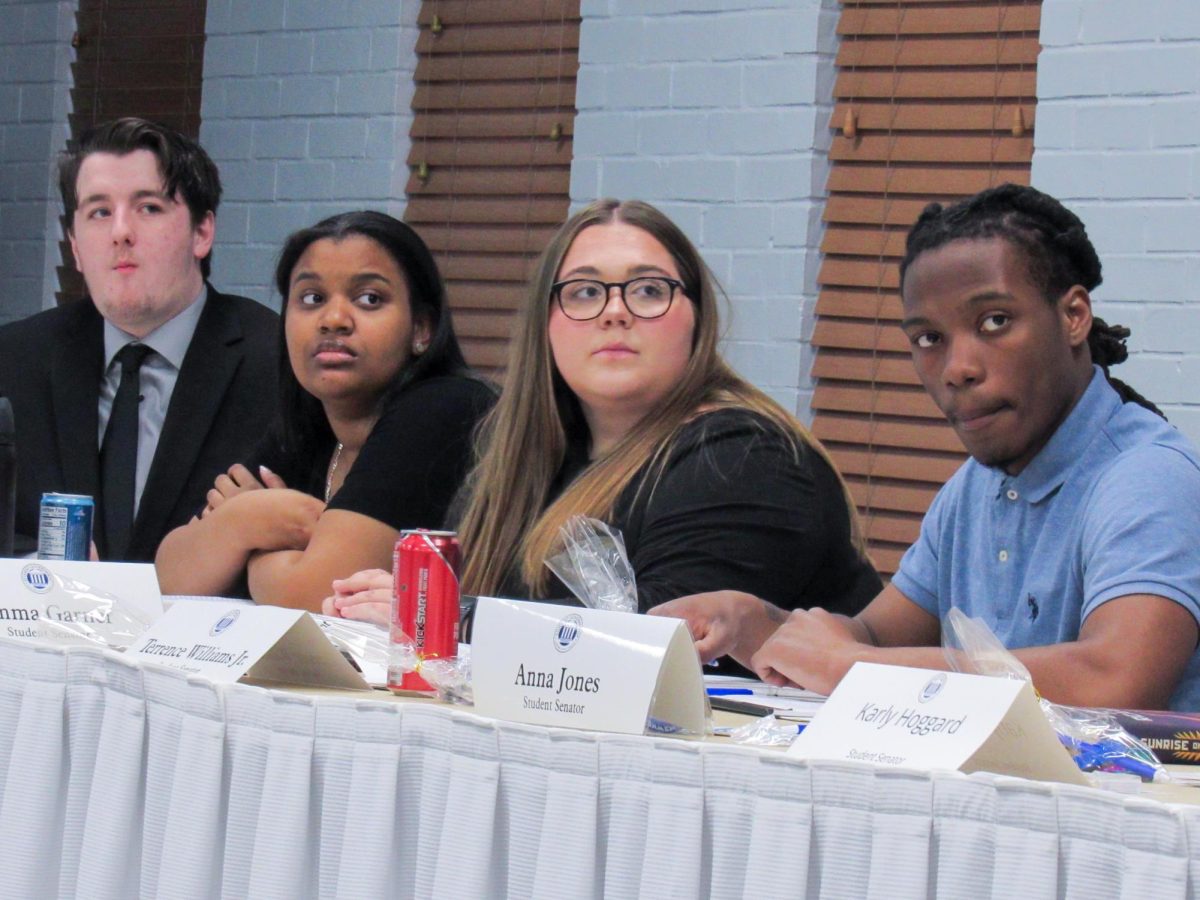
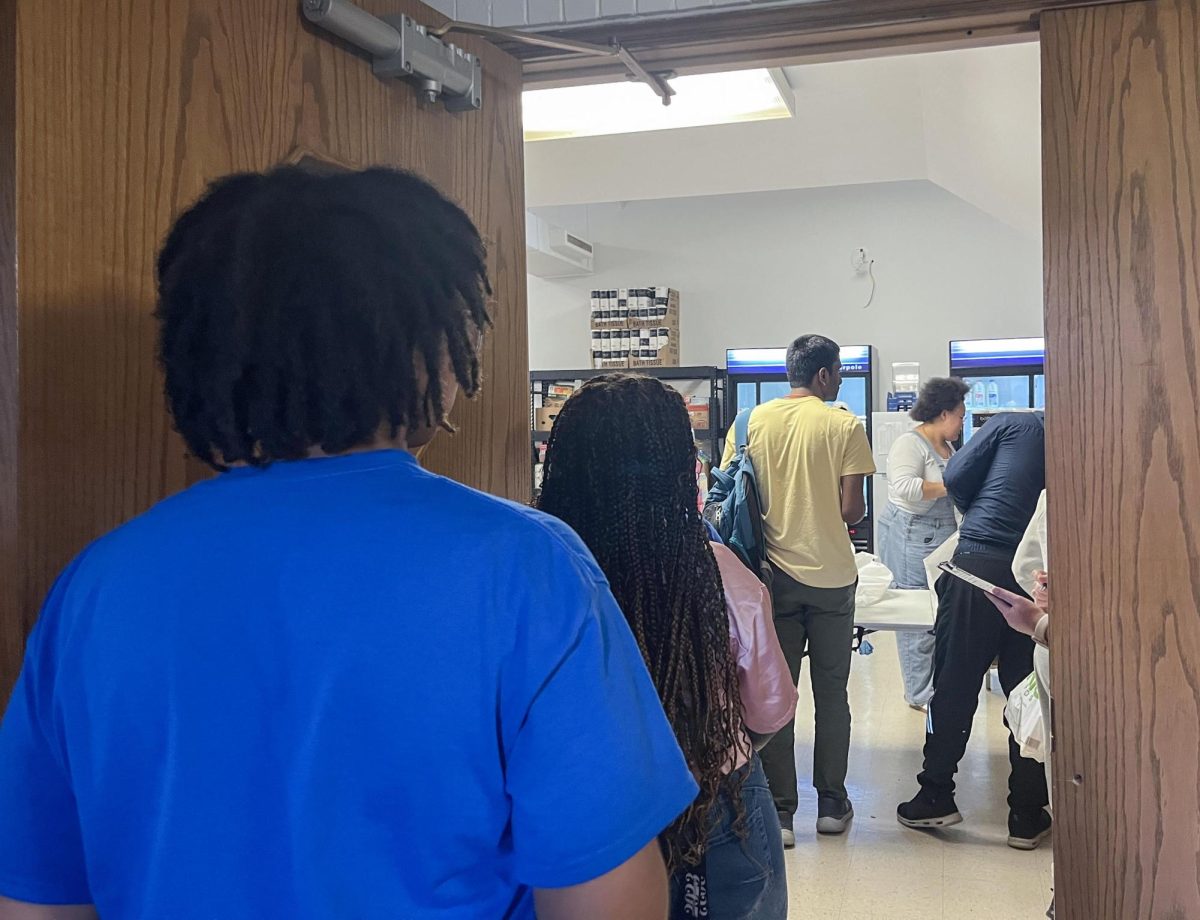
![[Thumbnail Edition] Eastern Illinois University President Jay Gatrell welcoming staff and faculty to the Spring 2025 Plan 2028 update in Doudna Fine Arts Center on March 26, 2025.](https://www.dailyeasternnews.com/wp-content/uploads/2025/03/P2028_01_O-1-e1743206673730-1200x560.jpg)
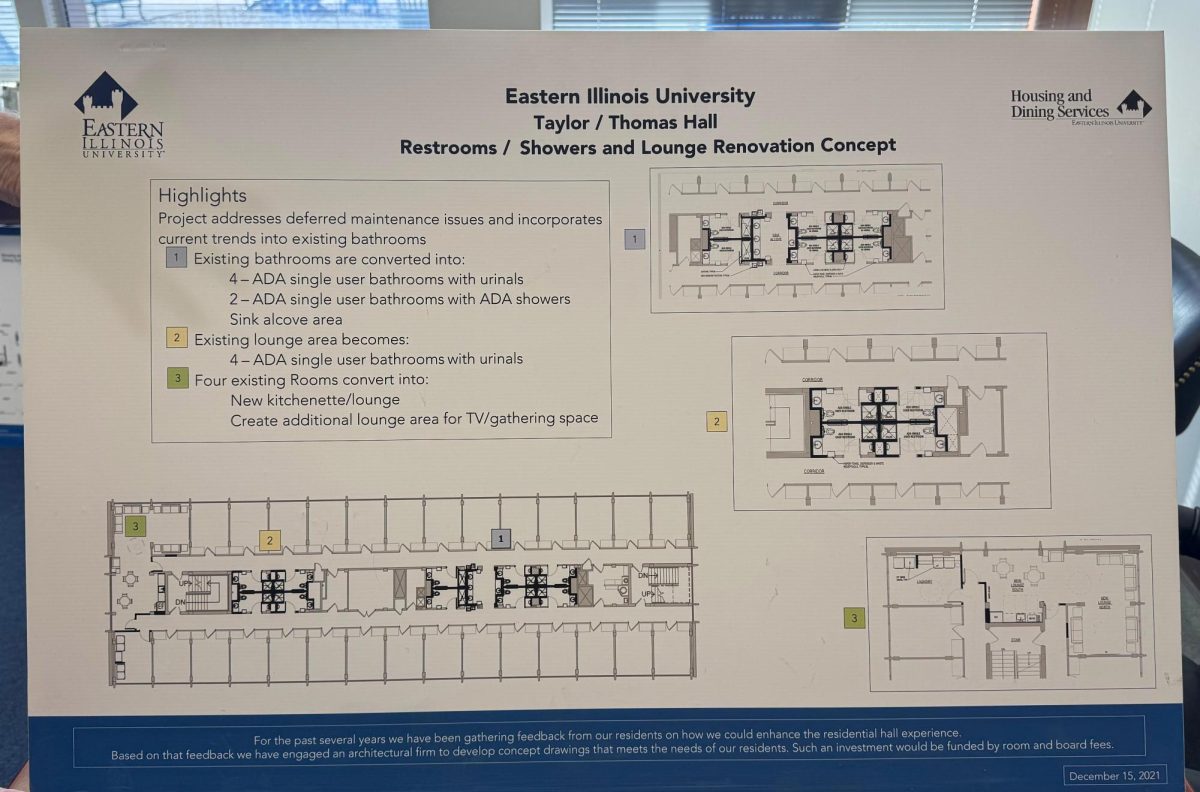
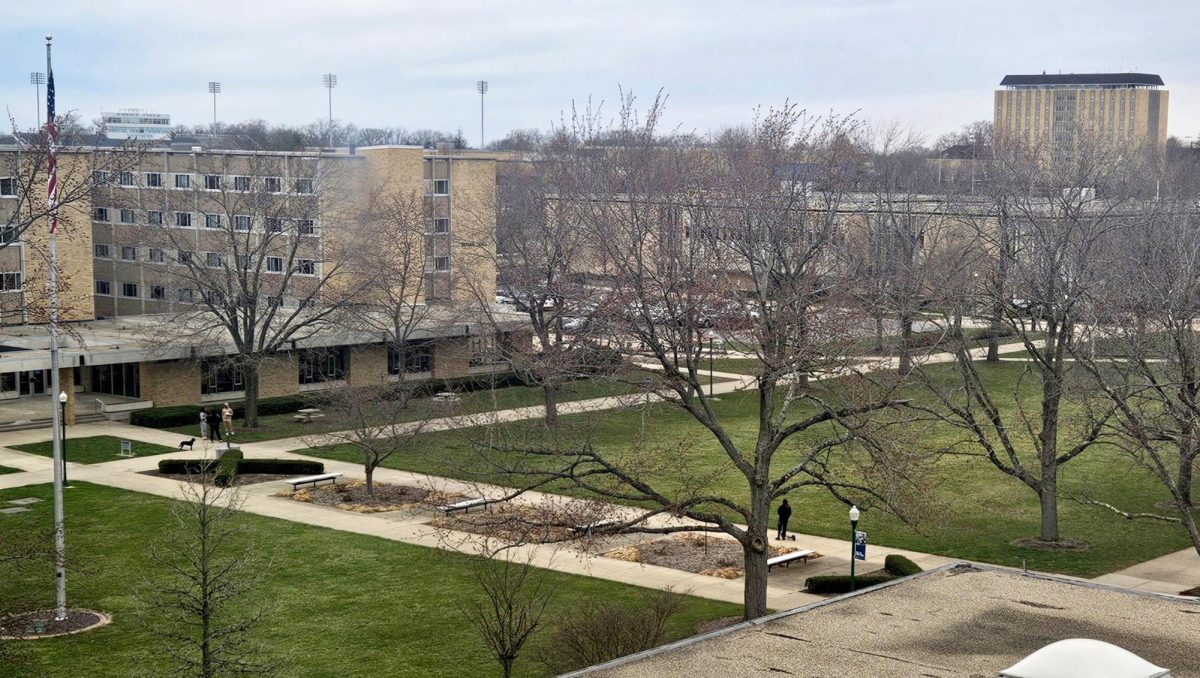
![[Thumbnail Edition] Senior Foward Macy McGlone, getsw the ball and gets the point during the first half of the game aginst Western Illinois University,, Eastern Illinois University Lost to Western Illinois University Thursday March 6 20205, 78-75 EIU lost making it the end of their season](https://www.dailyeasternnews.com/wp-content/uploads/2025/03/WBB_OVC_03_O-1-e1743361637111-1200x614.jpg)
![[Thumbnail Edition] Junior right-handed Pitcher Lukas Touma catches at the game against Bradley University Tuesday](https://www.dailyeasternnews.com/wp-content/uploads/2025/03/MBSN_14_O-e1743293284377-1200x670.jpg)
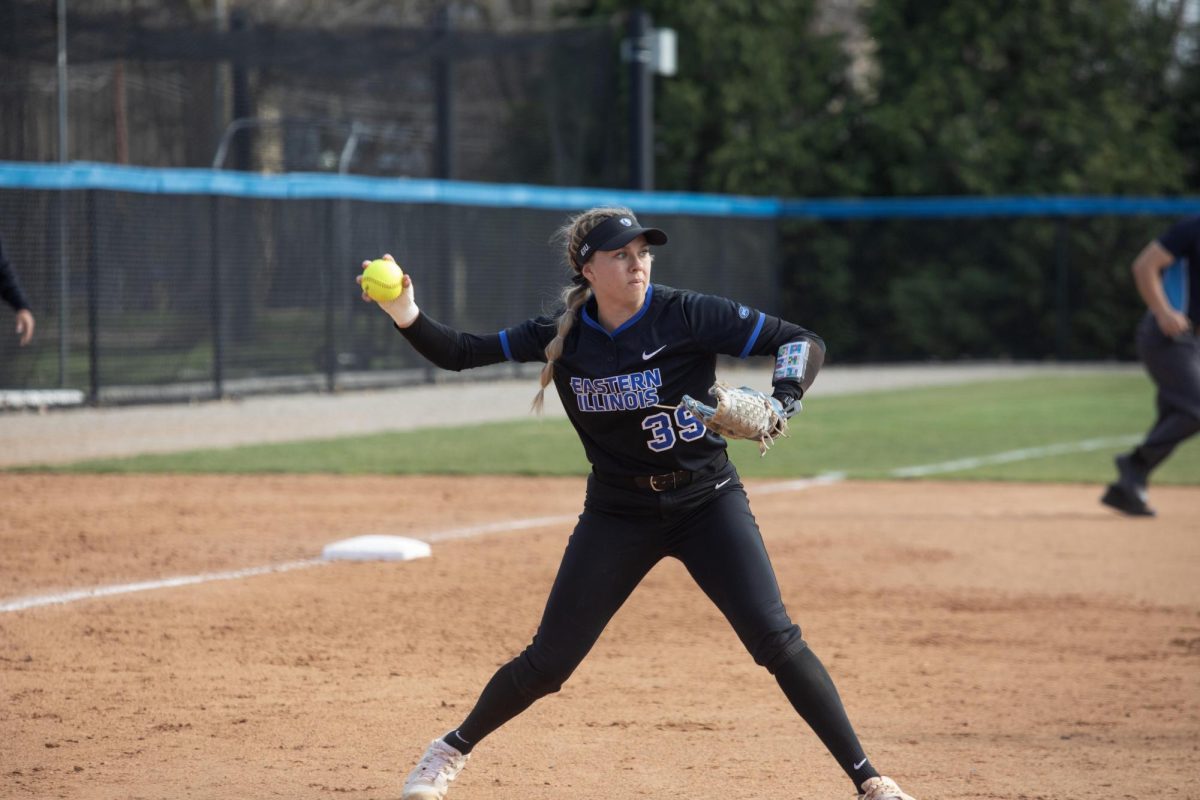



![[Thumbnail Edition] Eastern Illinois University baseball senior utility player Tyler Castro fields a ground ball during the team's first intrasquad scrimmage of the season on Jan. 31.](https://www.dailyeasternnews.com/wp-content/uploads/2025/03/BB_01_O-e1742874760130-1-e1742907504722-1200x911.jpg)
![[Thumbnail Edition] Senior tennis player Luisa Renovales Salazar hits the tennis ball with her racket at the Darling Courts at the Eastern Illinois University campus in Charleston, ILL.](https://www.dailyeasternnews.com/wp-content/uploads/2025/03/Tennis_01_O-1-e1741807434552-1200x670.jpg)
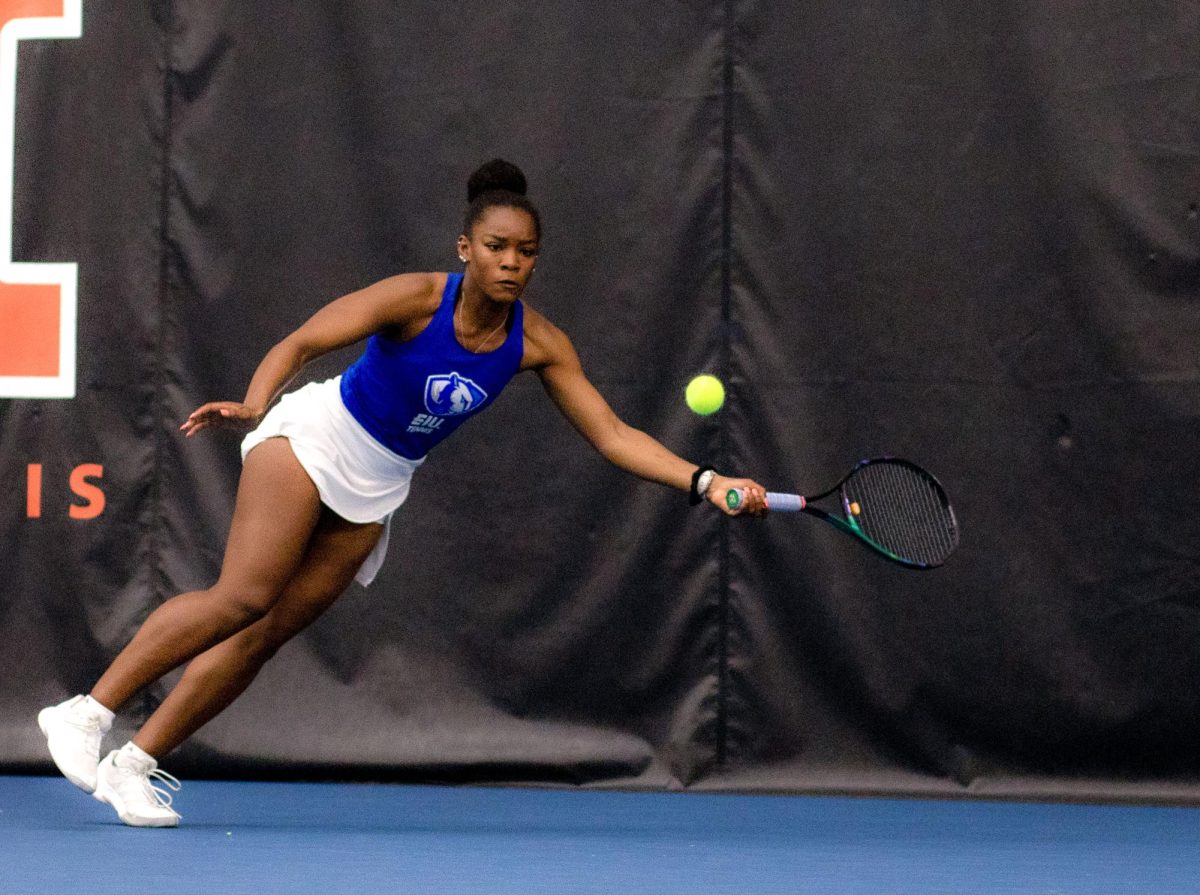























![[Thumbnail Edition] Senior right-handed pitcher Tyler Conklin pitching in the Eastern Illinois University baseball team's intrasquad scrimmage at O'Brien Field in Charleston, Illinois on Jan. 31.](https://www.dailyeasternnews.com/wp-content/uploads/2025/03/TC_01_O-e1741567955534-1200x669.jpg)
![E[Thumbnail Edition] Eastern Illinois softball freshman utility player Abbi Hatton deciding to throw the softball to home plate in a fielding drill during softball practice at the field house in Groniger arena on Tuesday Feb. 11.](https://www.dailyeasternnews.com/wp-content/uploads/2025/03/SB_03_O-e1741208880750-1-e1741209739187-1200x815.jpg)













![The Weeklings lead guitarist John Merjave [Left] and guitarist Bob Burger [Right] perform "I Am the Walrus" at The Weeklings Beatles Bash concert in the Dvorak Concert Hall on Saturday.](https://www.dailyeasternnews.com/wp-content/uploads/2025/03/WL_01_O-1200x900.jpg)
![The team listens as its captain Patience Cox [Number 25] lectures to them about what's appropriate to talk about through practice during "The Wolves" on Thursday, March 6, in the Black Box Theatre in the Doudna Fine Arts Center in Charleston, Ill.](https://www.dailyeasternnews.com/wp-content/uploads/2025/03/WolvesPre-12-1200x800.jpg)
















